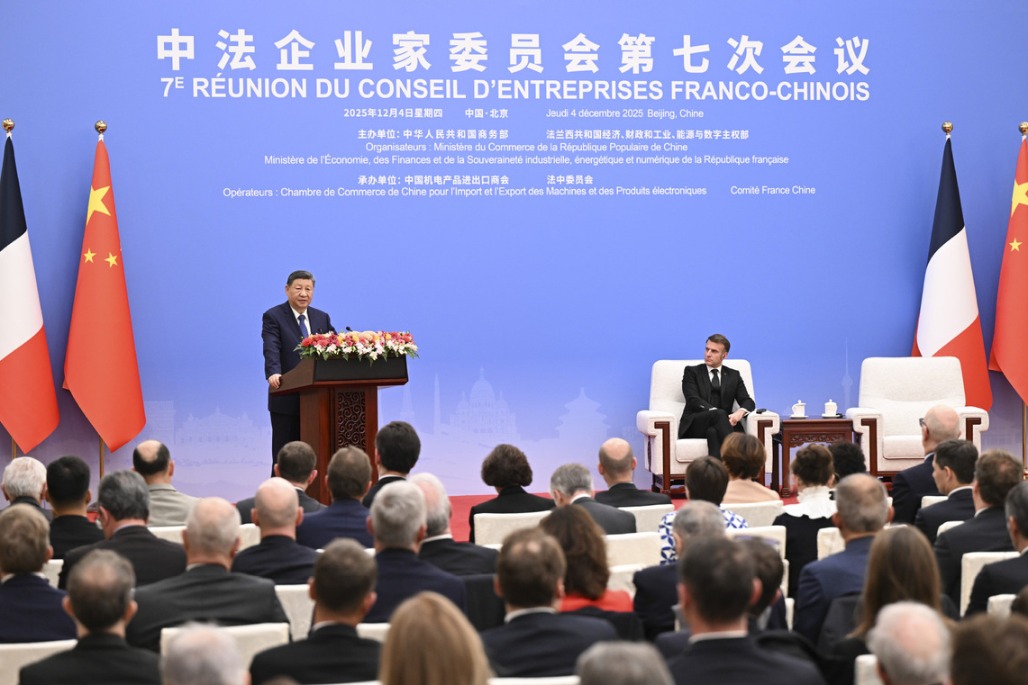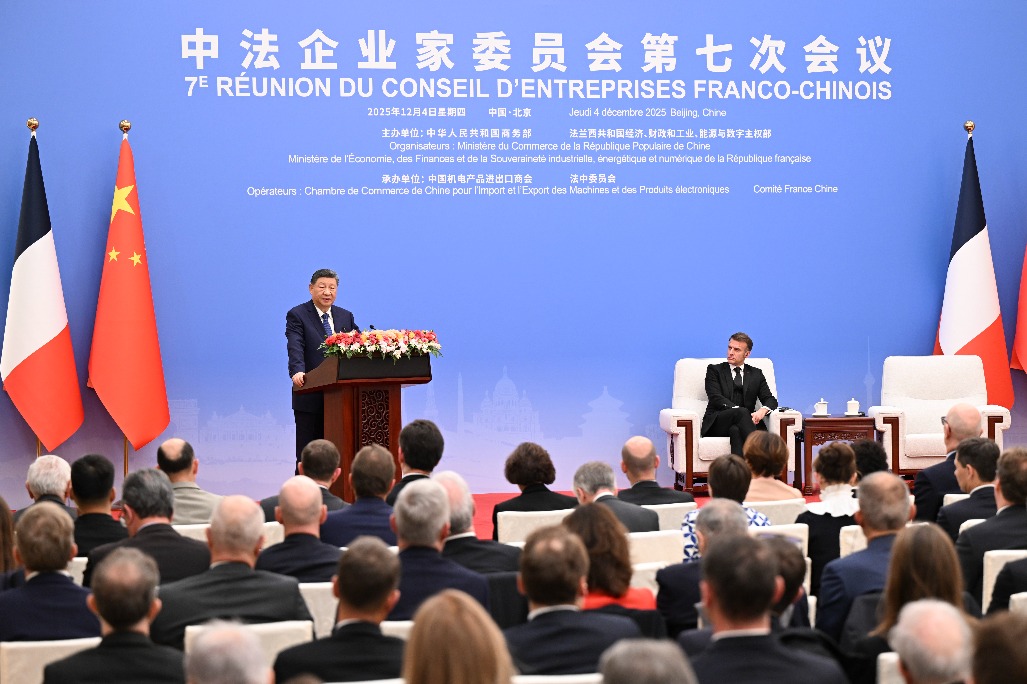Youngsters' love for manufacturing can ease labor shortage situation
WORKERS' DAILY | Updated: 2023-11-08 07:34

The general view is that young people in China do not want to work in the manufacturing sector, primarily because of the working environment and pay. The government has thus continuously increased investment and support for the sector, strengthening its independent innovation capabilities and helping the sector obtain a number of key technologies with independent intellectual property rights and making new advancements toward higher-quality development.
The employment mindset of many graduates is also changing. A recent survey among graduates showed that the incomes and benefits are their top concern while seeking jobs.
Big data shows that as of the end of April, among the 10 industries with the fastest growth in the number of resumes sent by graduates, the top three are all related to high-tech, such as intelligent manufacturing and artificial intelligence technology.
The development of manufacturing is neither separable from intelligence and technological innovation, nor from a positive and innovative corporate culture. Providing employees with a good career development environment and growth space can inspire more young job seekers to choose manufacturing, thus bringing it more vitality and creativity. The manufacturing industry should actively respond to challenges, and universities should closely follow the new technologies and trends of industrial development, to promote better matching between talent supply and demand.
Over the years, China's manufacturing sector employees have generally had low wages, long working hours, and boring work content, making young people pessimistic about the sector's development prospects, thus resulting in the shortage of labor forces, and high-quality talents. This has seriously restricted the high-quality development of the country's manufacturing, and hampered its efforts to get rid of the "big but not strong" dilemma.
That young people now show increasing willingness to work in manufacturing holds positive significance and will help enterprises resolve the problem of labor shortage that has long plagued them. The manufacturing industry should work harder to increase their attractiveness to high-level talents, by increasing training. Schools, education departments and the government need to work together to create better conditions to make manufacturing a promising sector in the eyes of young people.
























